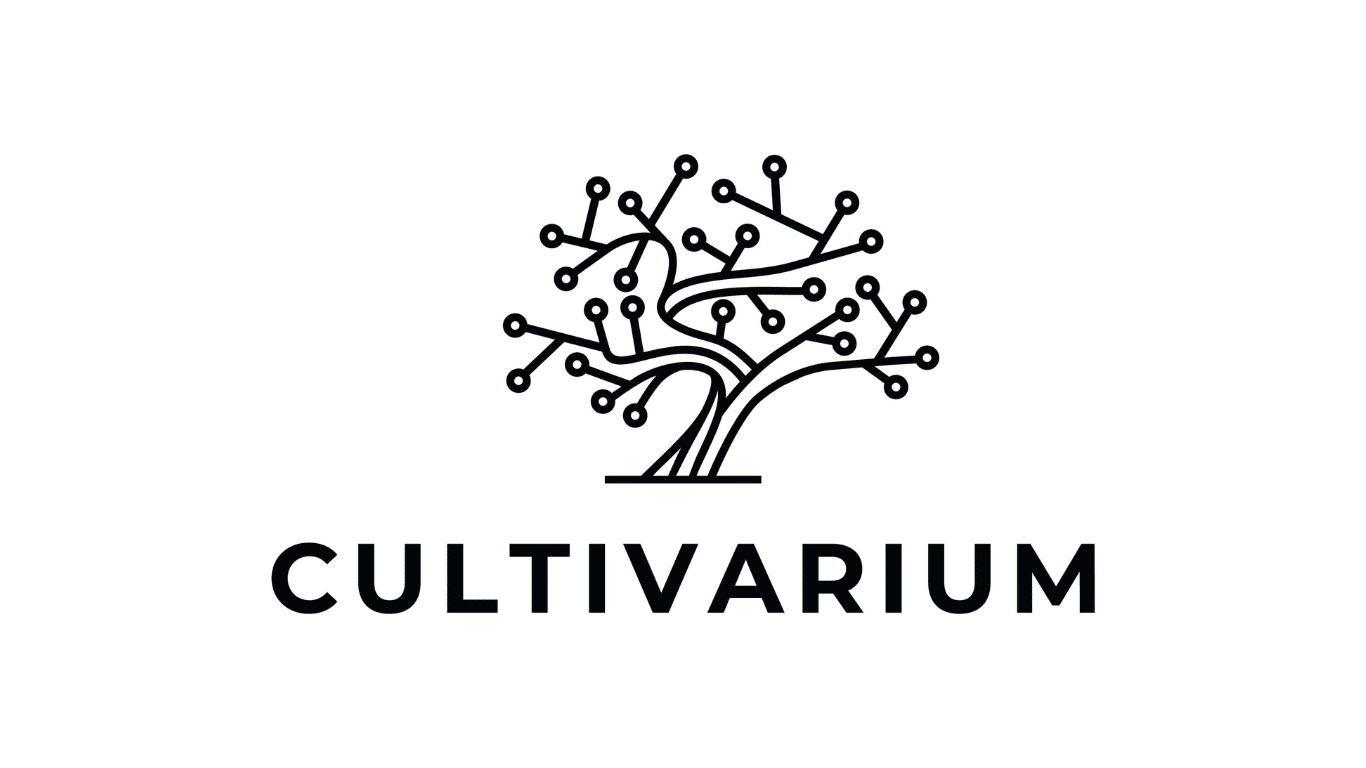Key Takeaways:
- Cultivarium has announced a three-year project focused on developing research tools for fungi and archaea, supported by a $10 million grant from the Wellcome Trust.
- The project aims to improve cultivation methods, genetic engineering tools, and collaboration among scientists studying these underexplored microbial groups.
- Fungi and archaea are considered promising for applications in health, sustainability, and biotechnology, but research has been limited by a lack of tools and model organisms.
- The initiative builds on Cultivarium’s existing expertise in non-model microbes, with tools already developed for over 300 species.
- The organization seeks to expand global access to microbial research technologies, enhancing discovery in fields such as medicine, agriculture, and biomanufacturing.
Cultivarium and Wellcome Partner on $10M Program to Develop Tools for Fungi and Archaea Research
Cultivarium, a U.S.-based nonprofit focused on microbial bioengineering, has launched a three-year initiative to develop foundational tools for research on fungi and archaea. Funded by a $10 million grant from Wellcome, the project aims to make these microorganisms more accessible to life scientists and applicable in fields ranging from human health to sustainable agriculture.
The effort seeks to address longstanding limitations in the study of these organisms, particularly the scarcity of standardized tools and models that has constrained broader exploration.
Addressing Gaps in Microbial Research
Focus on Non-Model Microbes
Fungi and archaea are increasingly recognized for their potential in biomedical research, environmental sustainability, and industrial biotechnology. However, most species remain under-researched due to technical barriers in cultivation and genetic manipulation.
“Fungi and archaea represent an extraordinary untapped resource,” said Nili Ostrov, Co-founder and Chief Scientific Officer of Cultivarium. “Wellcome’s support will enable us to work deeply with fungal and archaeal scientists to develop the precise technologies they need.”
Cultivarium Program Objectives and Scope
Tool Development and Community Building
Cultivarium’s project will focus on three main areas:
- Developing improved cultivation protocols
- Creating tailored genetic engineering tools
- Expanding global collaboration through resource sharing and knowledge transfer
The tools will be made available to researchers working in academic, nonprofit, and commercial settings to broaden scientific engagement with these less-characterized microbial groups.
“Our vision is to give researchers the ability to explore the full microbial universe,” said Henry Lee, Ph.D., Co-founder and CEO of Cultivarium. “This collaboration marks a crucial step in realizing that goal.”
Building on Cultivarium's Existing Research Infrastructure
Platform Already Applied to 300+ Microbes
Since its founding in 2021, Cultivarium has developed a suite of technologies to work with non-model organisms, including growth profiling, DNA delivery, and gene editing protocols. These tools have already been used on over 300 microbial species, laying the groundwork for broader application to fungi and archaea.
“Cultivarium is uniquely positioned to advance technologies with the focus and speed required,” said Viv Goosens, Research Manager at Wellcome. “By developing foundational tools, we can empower researchers to make new discoveries.”
Convergent Research Perspective
Cultivarium is supported by Convergent Research, an organization that helps incubate Focused Research Organizations (FROs). Anastasia Gamick, Co-founder and COO at Convergent, noted the potential of Cultivarium’s approach to support long-term discovery and innovation.
“Cultivarium's progress exemplifies our FRO vision in action,” said Gamick. “Wellcome’s support highlights the relevance of their work in advancing priority research areas.”


